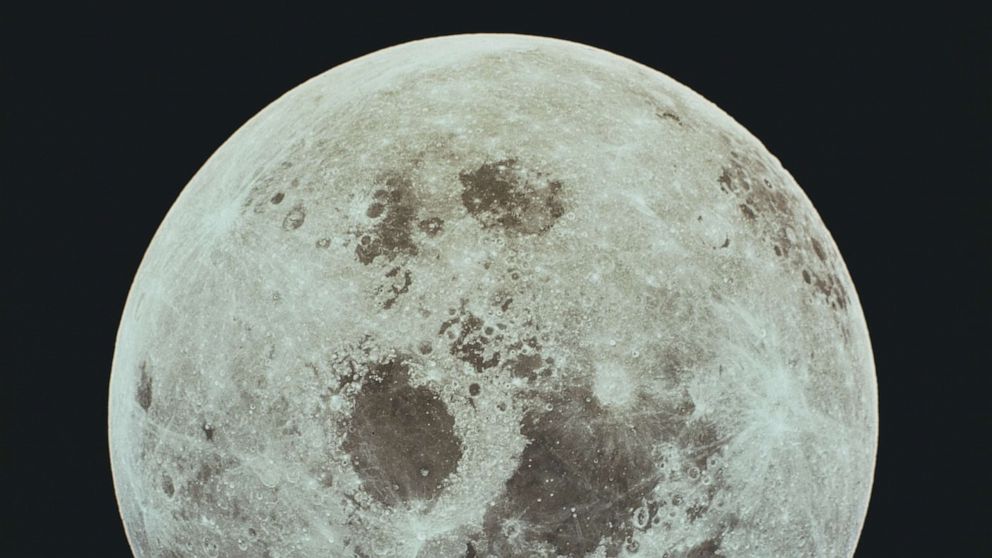


NASA said it will pay a private firm $1 to collect a sample of the moon as part of its initiative to solicit help from commercial companies to obtain moon rocks and dust.
The U.S. space agency announced Thursday that it had selected four companies to collect space resources and bring them back to NASA, including two U.S. firms, one Japanese company, and one company based in Luxembourg.
MORE: NASA is soliciting help from commercial companies to get moon samplesNASA said that one of the U.S. companies, Lunar Outpost of Golden, Colorado, proposed collecting only a $1 fee upon returning samples after its lander arrives on the moon in 2023.
Ispace Japan and Europe are charging $5,000 for moon samples, and Masten Space Systems of California is collecting $15,000.
All told, NASA says the total contracts with these companies amount to $25,001.
The partnership with the private sector to collect cosmic samples aims to support NASA's Artemis program, which has the goal of landing the first woman and the next man on the moon by 2024.
"These awards expand NASA’s innovative use of public-private partnerships to the Moon. We’re excited to join with our commercial and international partners to make Artemis the largest and most diverse global human space exploration coalition in history," Mike Gold, NASA’s acting associate administrator for international and interagency relations, said in a statement.
"Space resources are the fuel that will propel America and all of humanity to the stars," Gold added.
MORE: Iconic Arecibo telescope in Puerto Rico will be decommissionedPhil McAlister, the director of Commercial Spaceflight Development at NASA, added that, “leveraging commercial involvement enhances our ability to safely return to the Moon in a sustainable, innovative, and affordable fashion."
"A supportive policy for the recovery and use of space resources provides a stable and predictable investment environment for commercial space innovators and entrepreneurs," McAlister said.
The companies are tasked with collecting a small amount of lunar samples from any location on the moon as well as providing images to NASA of the collected material and data that identifies the location. The firms will then have to transfer ownership of the lunar rock samples to NASA.
Lunar Outpost said its contract with NASA "signifies a paradigm shift in the way society thinks about space exploration."
"As in the first Space Race, competition for national pride and an innate desire to explore will always play a factor in motivating humankind to push the limits of their expeditionary abilities," the company said. "However, this contract is symbolic of a new incentive that will exponentially increase the potential of future missions and be the main economic driver of the New Space economy for decades to come: access to the unlimited and invaluable resources of space."
To fulfill its contract, the Colorado firm said it will use its new rover, the Mobile Autonomous Prospecting Platform, to harvest lunar samples for NASA. The rover is set to land on the lunar South Pole in 2023.